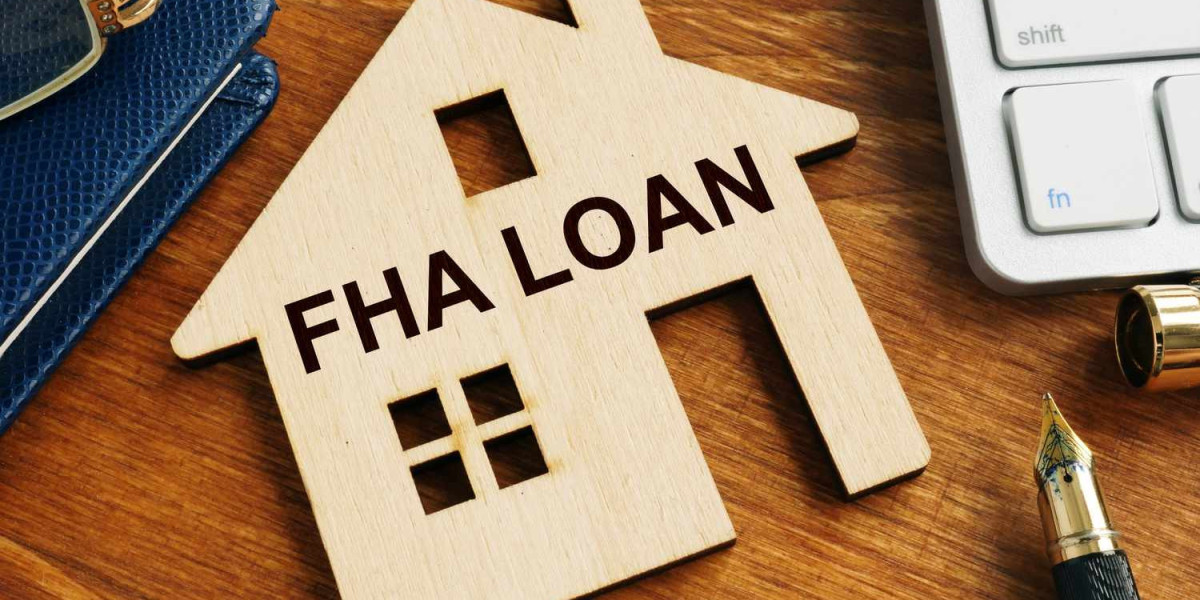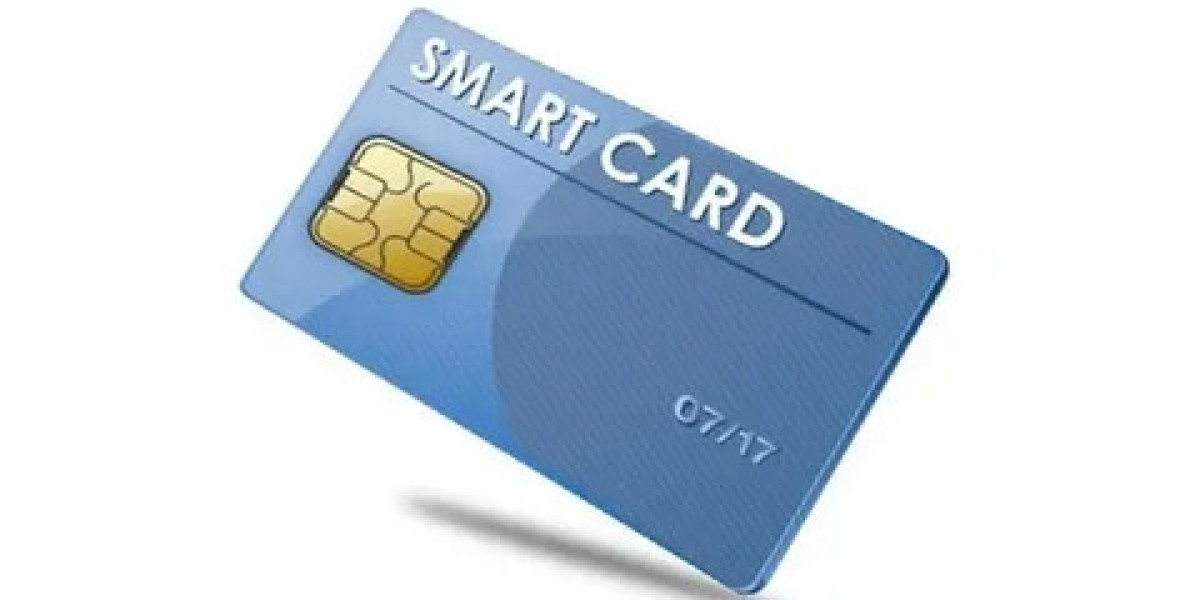Buying a home is a major financial decision, and choosing the right loan can feel overwhelming. For homebuyers in Rhode Island, the two most common options are FHA loans Rhode Island and conventional mortgages. Both have their pros and cons, so knowing the details is key to deciding which one is right for you.
This blog dives into the differences between these loan types, explains how FHA loan requirements in Rhode Island work, and provides actionable tips to help you choose the best fit for your needs.
What Is an FHA Loan?
An fha loan rhode island is a mortgage insured by the Federal Housing Administration. These loans are popular among first-time buyers because of their flexible credit requirements and low down payment options.
In Rhode Island, an FHA loan can be a great option for buyers who want to enter the housing market but may not have a large savings fund or a perfect credit score.
What Is a Conventional Mortgage?
A conventional mortgage is not backed by a government agency like the FHA. Instead, it’s issued by private lenders, including banks and credit unions. These loans often require higher credit scores and larger down payments but may have lower long-term costs.
For homebuyers with strong financial profiles, a conventional mortgage may offer greater flexibility and lower overall expenses.
Key Differences Between FHA Loans and Conventional Mortgages
1. Down Payment Requirements
FHA Loan Rhode Island: Buyers can make a down payment as low as 3.5%, which is perfect for those with limited savings.
Conventional Mortgage: Typically requires a 5-20% down payment, depending on the lender and your credit score.
2. Credit Score Requirements
FHA Loan RI: You may qualify with a credit score as low as 580 (or even 500 in some cases with a larger down payment).
Conventional Mortgage: Generally requires a credit score of at least 620, with better rates for scores above 700.
3. Interest Rates
FHA Loans: Interest rates tend to be fixed and competitive but may include upfront mortgage insurance premiums (MIP).
Conventional Mortgages: Rates vary based on your credit score and lender but may not include ongoing insurance costs if your down payment exceeds 20%.
4. Mortgage Insurance
FHA Loan Requirements Rhode Island: Mortgage insurance is required for all FHA loans, regardless of your down payment. This includes an upfront premium and an annual fee.
Conventional Loans: Private mortgage insurance (PMI) is only required if your down payment is less than 20%.
5. Loan Limits
FHA Loan Rhode Island: Loan limits are set annually and depend on the county. These limits are ideal for moderate-priced homes.
Conventional Loans: Loan limits are higher, making them a better choice for purchasing higher-value homes.
Pros of FHA Loans in Rhode Island
Low Down Payment: Only 3.5% required, making it easier for first-time buyers to purchase a home.
Flexible Credit Requirements: Easier approval for those with lower credit scores.
Accessible for First-Time Buyers: Ideal for people with limited financial resources or no home-buying experience.
Cons of FHA Loans in Rhode Island
Mandatory Mortgage Insurance: This adds to the cost of your loan over time.
Strict Property Standards: Homes must meet specific requirements to qualify for an FHA loan.
Lower Loan Limits: May not be ideal for buyers looking at higher-priced properties.
Pros of Conventional Mortgages
No Insurance with High Down Payments: Save money if you can put down 20% or more.
Flexibility: Available for both primary homes and investment properties.
Higher Loan Limits: Suitable for purchasing more expensive homes.
Cons of Conventional Mortgages
Stricter Requirements: Higher credit scores and larger down payments are necessary.
Less Accessibility for First-Time Buyers: May not be ideal for those with limited savings.
Variable Interest Rates: Depending on your credit score, rates could be higher than FHA loans.
Deciding Between FHA Loans and Conventional Mortgages
When choosing between an FHA loan Rhode Island and a conventional mortgage, consider your:
Credit Score: FHA loans are forgiving for lower scores, while conventional loans offer better rates for higher scores.
Down Payment: If you can only afford a small down payment, an FHA loan is a better choice.
Long-Term Goals: Consider whether you want to minimize upfront costs (FHA) or save money over time (conventional).
FHA Loan Requirements in Rhode Island
To qualify for an fha loan ri, you’ll need to meet the following:
A minimum credit score of 580 (or 500 with a 10% down payment).
A debt-to-income ratio of 43% or lower.
Proof of steady employment and income.
The property must meet FHA appraisal guidelines.
Why Choose an FHA Loan Rhode Island?
An FHA loan is an excellent choice for first-time buyers or those with limited financial resources. With its low down payment and relaxed credit requirements, it provides a pathway to homeownership for many Rhode Islanders.
However, always weigh the fha loan pros and cons against your personal financial situation to determine if it’s the best option for you.
Tips for Securing the Right Loan
Understand Your Needs: Decide whether you prioritize low upfront costs or long-term savings.
Improve Your Credit Score: Even a small boost can lower your interest rate.
Work with a Mortgage Advisor: A professional can help you compare loan options and choose the best one for your situation.
Get Pre-Approved: Pre-approval strengthens your position as a buyer and clarifies your budget.
Bouk Mortgage: Your Partner in Home Loans
At Bouk Mortgage, we understand that every homebuyer is unique. Whether you’re interested in an FHA loan Rhode Island or a conventional mortgage, our team is here to help. We’ll guide you through the process, ensure you understand all your options, and help you find the best loan for your needs.
Contact Bouk Mortgage today to make your home-buying journey simple and stress-free!
Conclusion
Choosing between fha loan requirements rhode island and a conventional mortgage comes down to your financial goals and situation. FHA loans are ideal for first-time buyers or those with lower credit scores, while conventional loans offer greater flexibility for well-qualified borrowers.
Understanding the differences, weighing the pros and cons, and working with a trusted mortgage advisor can help you make the best decision.
FAQs
1. What is the minimum credit score for an FHA loan in Rhode Island?
You need a minimum credit score of 580 for most FHA loans. If you can make a 10% down payment, a score as low as 500 may qualify.
2. Can I use an FHA loan to buy an investment property?
No, FHA loans are only for primary residences. If you’re looking to buy an investment property, a conventional loan is a better option.
3. How do I apply for an FHA loan in Rhode Island?
Start by finding a lender that offers FHA loans, gather your financial documents, and complete the application process with their guidance.









